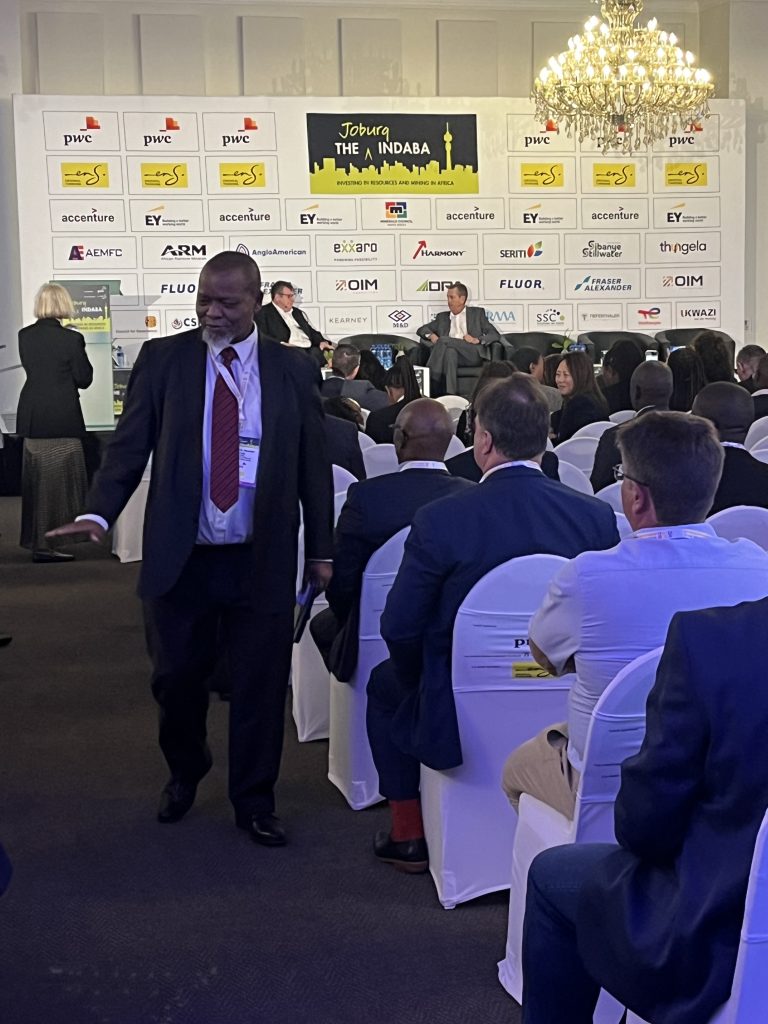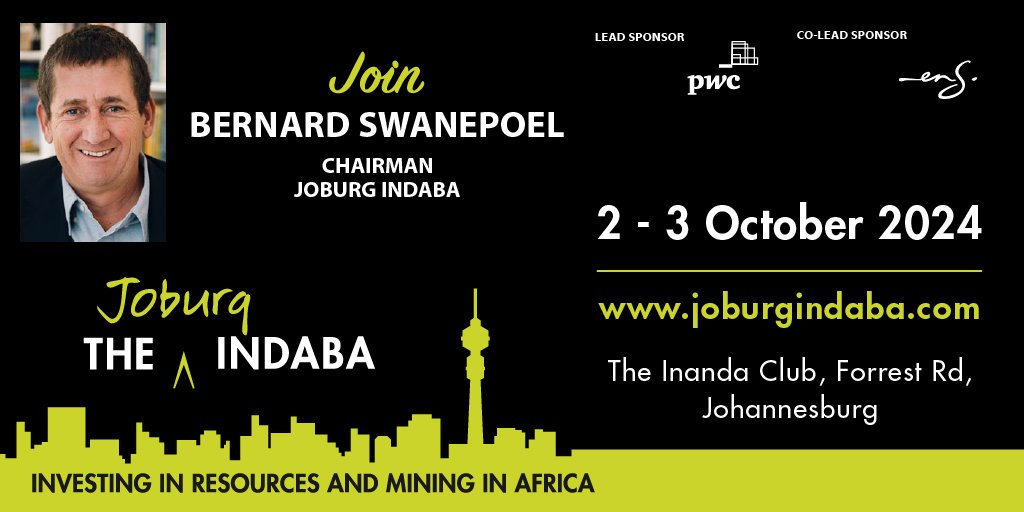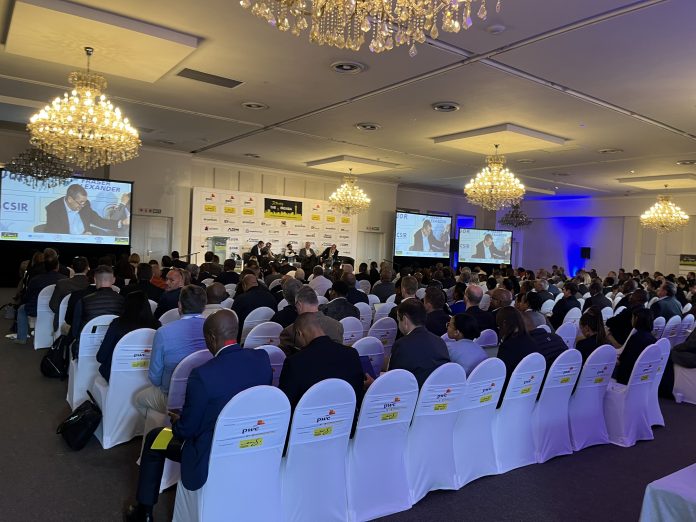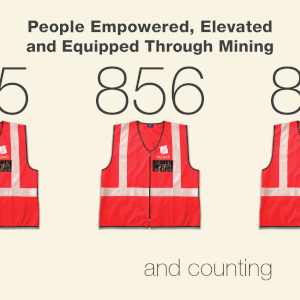Diplomatic Inside
The 2024 Joburg Indaba brought together some of the most prominent voices in South Africa’s mining sector this week, as investors, economists, and industry leaders debated the sector’s future in the face of policy uncertainty, ESG (Environmental, Social, Governance) criteria, and the urgent need for infrastructure and energy reform. The event, held on 2-3 October, provided a platform for frank and insightful discussions on the challenges and opportunities that lie ahead.
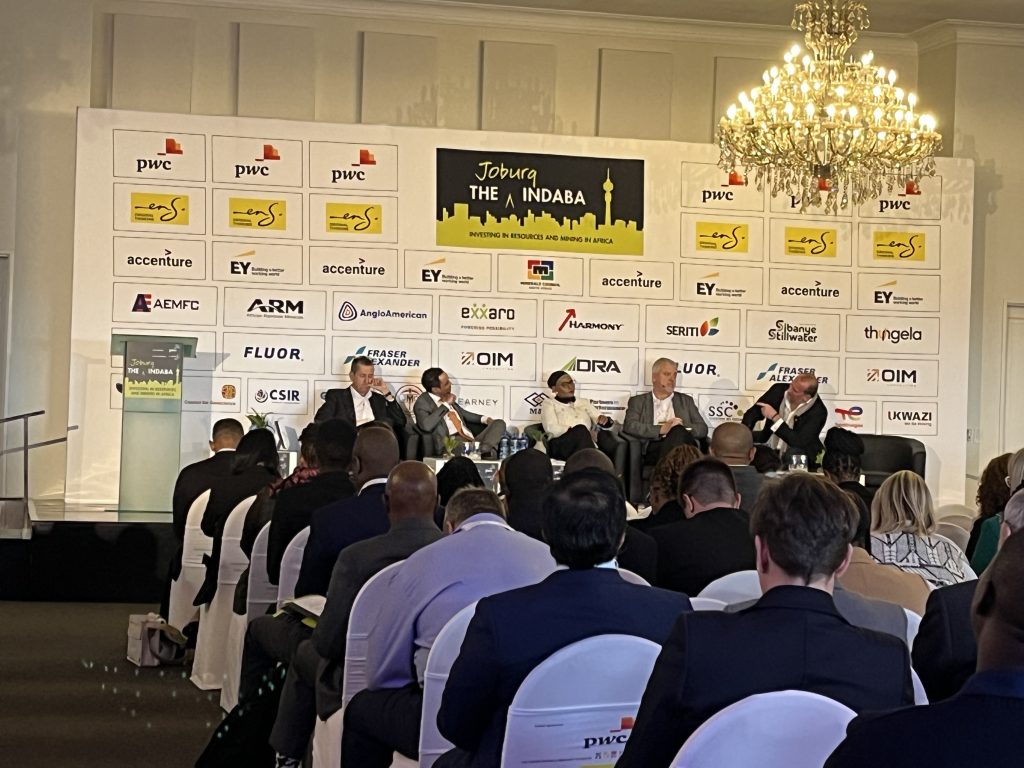
Xhanti Payi, Senior Economist at PwC Strategy&, chaired a panel that saw leading investors exchange views on the sustainability of the South African mining sector. With growing concerns over regulatory frameworks, many investors questioned whether the country could become more investor-friendly or if the industry would be left grappling with bad policies.
“These are the discussions we have to have now: Can we understand whether we now have to live with the certainty of bad policy, or is there any upside of policy adjustments to make South Africa more investor-friendly?” asked Bernard Swanepoel, a veteran mining executive.
ESG: The Investor’s Dilemma
A key issue raised was the role of ESG in influencing investment decisions. Heidi Sternberg, Sector Specialist for Mining, Beneficiation, and Energy at the Public Investment Corporation (PIC), led a discussion on the importance of ESG factors in mining investments. She highlighted the increasing global emphasis on sustainability and how investors are now scrutinizing mining companies’ compliance with environmental and social standards.
“Much more needs to be done to fund our junior and exploration projects,” Sternberg emphasized. “There’s a massive funding gap that needs to be closed, and some sort of tax incentive for mining companies is imperative.”
Policy Reform and Infrastructure
Swanepoel’s remarks on the long-awaited cadastre system—a digital platform to regulate mining rights—drew attention to the inefficiencies holding back investment in mining exploration. “Can we finally, after five years of promises, be assured that the cadastre system will imminently be in place? And can we then just stop talking about it so that we can actually attract investment into exploration?”
The need for effective infrastructure was also highlighted by Dr. Nombasa Tsengwa, President of the Minerals Council, who pointed out the challenges posed by Transnet’s inefficiencies. “We have had challenges with Transnet, bulk imports and exports, costing the country missed commodity market opportunities.”
Talent and Leadership: The Industry’s Backbone
Dr. Mteto Nyati, Chairman of Eskom, emphasized the importance of leadership in attracting and retaining top talent, a major challenge for the sector. “People are attracted to great leaders who inspire discretionary effort. Attracting and retaining top talent is one of the biggest challenges we are facing as a business.”
Nyati also stressed the need for a clear national agenda when negotiating the energy transition. “We need win-win outcomes to advance the agenda of the country and the continent.”
The Future of Coal and Renewables
A key topic during the conference was the transition from coal to renewable energy. While leaders like Thungela CEO July Ndlovu reiterated the importance of coal in South Africa’s energy mix, Seriti Resources CEO Mike Teke stressed the need for a balanced approach. “The transition journey becomes a problem when it’s coal vs renewables. The path to renewables has to accelerate, but we’re not closing our coal mines.”
The Joburg Indaba also featured discussions on the future role of platinum group metals (PGMs) in renewables and the broader decarbonization process, with Anglo American Platinum CEO Craig Miller underscoring their importance in the green energy transition.
Challenges and Opportunities Ahead
As the mining sector continues to navigate these challenges, Mxolisi Mgojo, President of Business Unity South Africa (BUSA), posed a critical question to delegates: “How bold can we become as a country and as a mining industry? It’s not so much the existing jobs in mining that must be defended, it’s the potential for future jobs if we get it right.”
Gwede Mantashe: Government Priorities in Mining
Minister of Mineral Resources and Energy, Gwede Mantashe, weighed in on the critical role of mining in achieving the government’s objectives of inclusive growth, job creation, and poverty reduction.
“It is encouraging that the discussions at #JoburgIndaba are aligned to the government’s priorities of driving inclusive economic growth, job creation, and reducing poverty. The mining industry is beginning to appreciate its critical role in the realisation of these priorities,” Mantashe said.
However, Mantashe also emphasized the need to address logistics issues affecting the mining industry, warning that without solutions, the sector’s progress could stall. “We haven’t seen loadshedding for 6 months. But if we don’t sort out logistics, commodities are going to pay the price. The speech by Adv Michelle Phillips (Transnet) confirms government’s commitment to addressing these issues,” he added.
In his closing remarks, Mantashe criticized the steep increases in electricity tariffs, calling them unsustainable. “Any increase in the electricity tariff that is above CPI is criminal.
“After six years of Transnet’s downward trajectory, we are beginning to see improvements. It’s a complex business, and we are addressing the legacy of years of underinvestment, but progress is underway,” said Transnet CEO Michelle Phillips.
With these calls for bold reform, the 2024 Joburg Indaba leaves much for the sector to ponder as it strives to navigate regulatory and economic headwinds while positioning itself for future growth.
